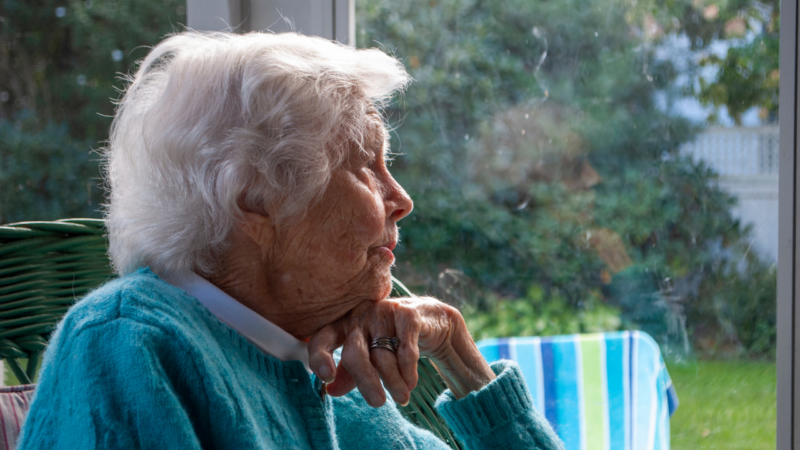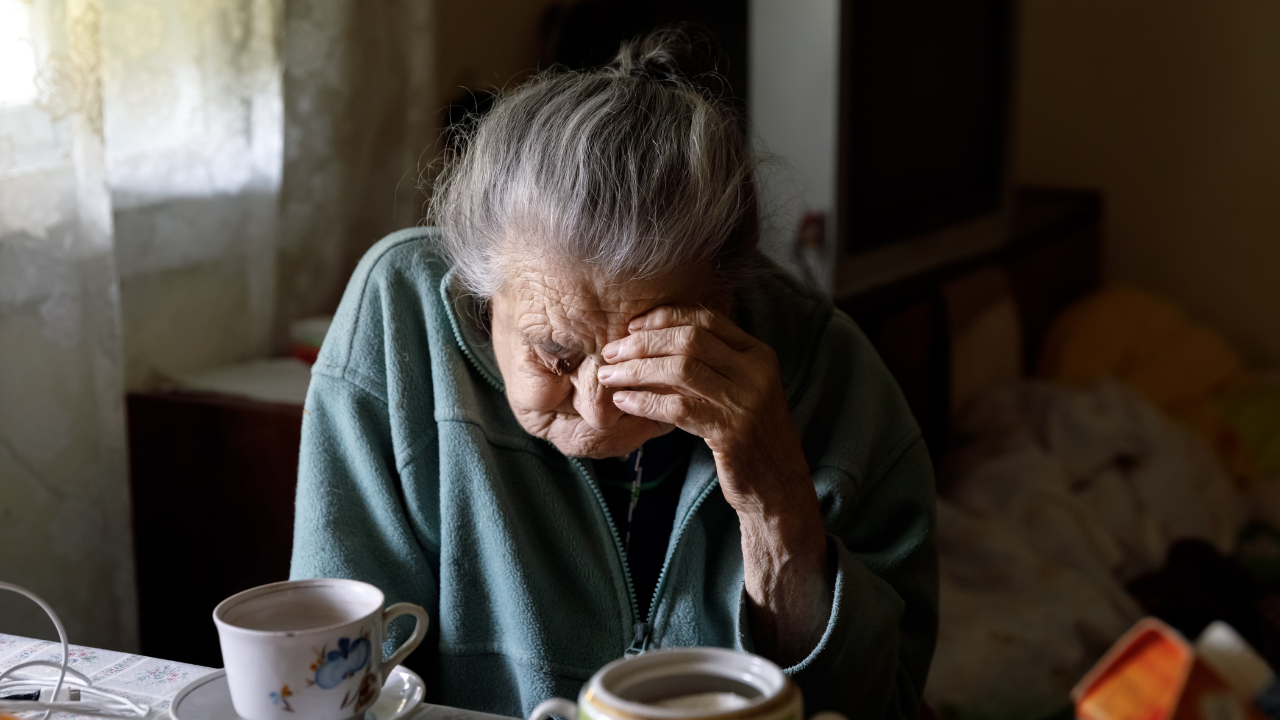As our Mums and Dads age, they may encounter difficulties in maintaining their independence, which in turn can sometimes lead to self-neglect. Therefore, it becomes vitally important for them to start prioritising their physical, emotional and mental well-being through self-care practices, if they’re not already doing so.
Understanding the potential consequences of elderly neglect and learning to recognise the signs is crucial in ensuring a high level of quality of life for our loved ones.
The failure to meet one’s basic needs, such as personal hygiene, nutrition and safety can have far reaching consequences for their health and well-being. When elderly individuals neglect themselves, they become vulnerable to various physical and psychological issues.
Here are a few issues that may be encountered:
- Declining physical health i.e. poor hygiene, malnutrition and lack of exercise, can contribute to the deterioration of their physical well being, leading to mobility problems, weakened immune system and increased risk of falls and injuries.
- Mental health neglect can lead to social isolation, depression and anxiety as they feel a loss of independence and support. Loneliness, lack of engagement with others and neglecting intellectual and creative activities can significantly impact their mental health.
- Medication mismanagement leads to incorrect dosages or missed medications altogether which results in adverse effects on their health and exacerbation of medical conditions.
How to recognise some common indicators and signs of neglect:
- Poor personal hygiene – body odour, unkempt appearance, unwashed/unbrushed hair, dirty or smelly clothing, uncut hand and toe nails.
- Noticeable weight loss or malnutrition – visible signs of weight loss, disinterest in food, missed meals, or eating unhealthy processed foods.
- Unattended medical conditions – worsening or unaddressed medical conditions including open wounds, untreated infections, diabetic feet that are not attended to regularly and unattended appointments with healthcare professionals.
- Unsafe living conditions – unclean or cluttered spaces, inability to manage household tasks, faulty electrical appliances or unpaid bills.
- Emotional and behavioural changes – social withdrawal, mood changes, diminished interest in activities they previously enjoyed or signs of depression and anxiety.
How can you help your loved one:
- Communicate in clear, concise and an honest way, expressing your concerns and offering assistance without judgment. Make sure they feel heard and let them understand that you only want what is best for their own well-being.
- Seek professional support from their primary care physician or arrange for a geriatric assessment to identify potential physical and/or psychological health issues that may require medical intervention.
- Promote independence by empowering them to practice self-care by establishing a daily/weekly routine to help boost their confidence. Assist them with medication, organising their calendars/routines or facilitating social engagements.
- Reach out to family members, friends and/or community resources to expand on their social networks and stop feelings of isolation.
- Explore support services in their community ie. meals, in home care/cleaning, gardening, transportation, shopping etc.
By understanding the signs of neglect and taking appropriate actions to promote self-care we can ensure a higher quality of life for our elderly Mums and Dads.
At TPC, we strive to make a meaningful difference by helping to improve the overall well-being of Australia’s seniors. If you’d like more guidance on how to help Mum, Dad or your older loved one to be more physically active, get in touch with The Physio Co! Our team of physiotherapists are here to help: call today for a no-obligation chat on 1300 797 793.
Please note – if your elderly Mum or Dad has not been physically active before or has had any changes to their health, please consult a medical professional prior to starting new levels of physical activity.
Article written by Karleen Scott (physiotherapist and TPC team leader for SA and NSW)

 1300 797 793
1300 797 793

